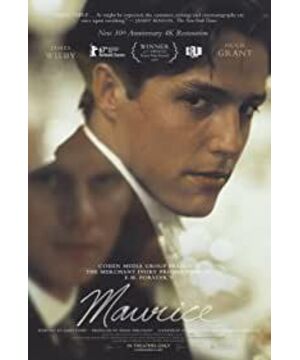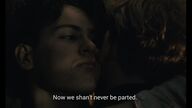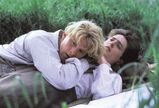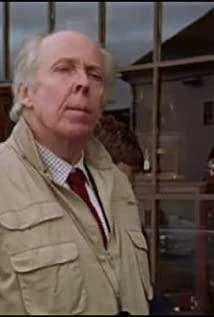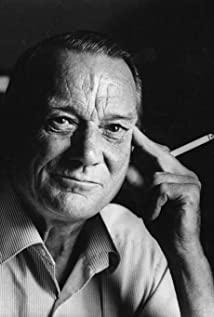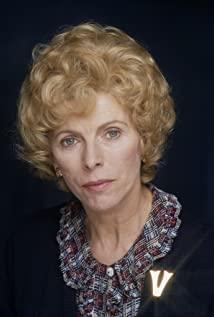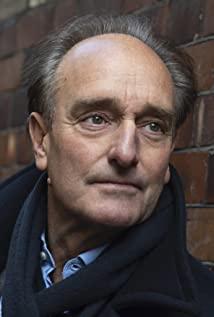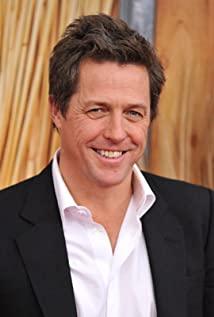This is written by a homosexual, filmed by a homosexual, and tells the story of a homosexual. Three characters from different time and space merge in the movie, and perhaps they have their mark on each other. ********* The first man: E·M·Forster (Edward Morgan Forster)
Edward Morgan Foster is generally called E.M. Foster, he is the original author of "Morris", the master of this article. Compared with the masters before this series, he seems to live an unusually peaceful life. There was no premature death, no suicide, no vigorous "scandal", no earth-shattering love, and he died at the age of 90. This "Morris", which was enough to cause people to talk about his homosexuality, was not published until after his death. The noise has long been behind. Foster is a member of the famous Bloomsbury cultural circle. In this intertwined circle of heterosexuality, homosexuality, bisexuality and group love, Foster is nothing special as a homosexual; his alternative may be manifested in this, full of "she loves him, he loves In the circle of "he, he loves her" emotion and sex, he didn't even have a relationship with any man or woman. "Morris" is Foster's fifth novel. It was written thanks to Foster's visit to the British poet and pioneer of the gay liberation movement Edward Carpenter. "Probably the second or third time I visited this holy place, the fire was ignited and sparks burst out. Both he (referring to Carpenter) and his companion George Merrill gave me a deep impression. It triggered my creative motives. George Merrill also touched the area under my waist and eyes - gently, just above the hips.... It is enough to prove that this work was conceived at that moment." George Merrill Er was born as a worker, and his lifelong love with Edward Carpenter for more than 30 years seems to be the realistic blueprint of "Morris".
This book, Foss, was written as "Wan Si is well-rounded," and it was completed in 1914 when he was 35 years old. The manuscript was only circulated privately among familiar friends at the time, and it was revised repeatedly during the period. Foster also left such an inscription on the manuscript: "It can be published, but is it worth it?" The historical answer is yes: 1971-the year after Foster's death, "Morris" was officially published . ********* The second man: James Ivory
Life is like a play. Film is EM Foster's least favorite art form. He has resisted adapting his novels into movies during his lifetime. But behind him, almost all of his novels were put on the screen. "A Trip to India" was photographed by the great director David Lean, and other works became James Avory's unforgettable choice. Looking at the works of James Avery, the classic British atmosphere and elegant sentiment permeated in the film, it is really hard to remember that he is actually an American. Ivory was born in California and studied art and film in his early years. In 1959, he made a short documentary in India. When the film was shown in New York, he knew the most important person in his life-his later producer and his lifelong lover Ismail Merchant. . The two of them and the female playwright Ruth Pro Jabwala formed an unbreakable "iron triangle" and formed the MIP Film Company, which has been committed to adapting the film style of literary works. In 1986, James Avery finally emerged from the cocoon with the adaptation of Foster's "A Room with a View" and became famous in the movie world. In the second year, they put "Morris" on the screen. This film allowed the two leading actors James Wilby and Hugh Grant to jointly win the Silver Lion Award for Best Actor in Venice. Later, they continued to adapt "Howard Manor" into a movie, and it was still very beautiful. James Avery’s films have re-discovered and paid attention to Foster’s works, while Foster’s original works have injected a timeless and tangled background of human nature into Avery’s films, allowing them to travel through time and across regions. , Meet in the movie, make a perfect bond. ********* The third man: Maurice
In that era when homosexuality is still full of taboos, "Morris" is like a "guilt" story that shows off happiness. Foster is determined to write a story with a happy ending: "Even though it is in a fictional world, I am determined to make two men fall in love anyway, and let their love last forever within the limits of the novel." For Mo As far as Reese is concerned, Clive belongs to the past, and the beautiful Platonic spiritual love finally becomes a powerless phantom in the face of reality; Alek belongs to the future, burning desperate passion, realized in the collision of electric light and flint. The unity of spirit and flesh. Perhaps many people are sad for the last shot of Clive in the movie: Morris waved and smiled at him on the Cambridge campus in the sun. The lens is like a beautiful phantom, sweet to be broken in the end. However, Foster believes more in self-awareness and self-face. Almost all of his works are about whether people dare to face themselves and how to face their own problems. Foster gave hope to Morris and Alek, who dared to face love, and gave them an almost unbelievable happy ending to the green forest; Foster did not give much sympathy to Clive who chose to escape. , Shattered Clive’s phantom, and saddened the hearts of countless readers: "He never realized that this is the end, there is no dusk, and no compromise. It is even more unexpected that he will never meet Morris again in the future, even I didn't talk to those who saw Morris." The story of "Morris" implies a lot of Foster's personal imprints. Foster entered Cambridge University at the age of 18 in 1897. During this period, he fell in love with his classmate HO. Maridis-this is roughly the prototype of Clive. However, just as Clive was not Morris's final destination, Foster's emotional choice since then turned to the lower-class civilians who were very different from him-they seemed to be the epitome of Alek. In 1917, Foster met the tram driver Mohamed Al Addo in Egypt, and their relationship lasted for two years. After Addo got married in 1919, Foster left Egypt and returned to England, but the two still kept correspondence. Addo died three years later, and Foster visited him on his way home from India before his death. In 1930, Foster, then 51, met 28-year-old policeman Robert Buckingham and became a lifelong friend. After Robert got married, his wife gradually accepted Foster as a member of the family, and his home became a gathering place for Foster's friends-this home is Foster's green forest. ********* On May 25, 2005, Ismail Merchant passed away, leaving behind his partner and lover James Avery for more than 40 years. The "iron triangle" no longer exists, but their brand of art and love remains between light and shadow forever. When Foster died at Robert's house on July 7, 1970, their friendship had lasted for 40 years. Robert's family surrendered him to retirement, and Robert's son and grandson were named Morgan. It turns out that the love of the masters is not always shocking, beautiful and short-lived, but they also hold their hands and grow old with them.
Attached:
The movies mentioned in the series of articles "The Master and His Lovers" all involve same-sex love stories of some writers. The reason for taking such a vulgar and bloody name is actually due to various translations. It’s as if Wilde’s translation of "Heart Taiji" is wonderful, and someone insists on translating it as "Wilde's Lover"; or as Maurice does not translate "Morice" but has to translate it as "Murris' Lover", for fear that the audience will not If you want to be wrong, you just want to put your "lover" on top.
The Master and His Lovers (Part One)-"Total Eclipse of the Heart"
The Master and His Lovers (Part 2)-"Be careful of those words"
The Master and His Lovers (Part Three)-"Wilde"
The Master and His Lovers (Part 5)-"Little Dust"
The Master and His Lovers (Part 6)-"Christopher and His Kind"
View more about Maurice reviews


